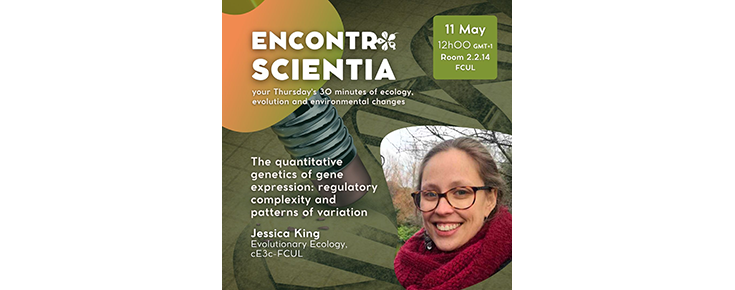
Por Jessica King (cE3c - Evolutionary Ecology).
The maintenance of genetic variation in quantitative traits has been a difficult conundrum for decades, with no real consensus as to the relative roles of evolutionary forces in shaping levels of heritable variation. For a long time, it has been common belief that traits under strong selection should carry reduced levels of heritable variation when compared to more weakly selected traits, due to the variance reducing effect of selection. While early studies supported this statement by showing that fitness traits (such as life-history traits) tend to have lower heritabilities than non-fitness traits (such as morphological traits), later studies showed that life history traits actually have higher levels of genetic variation, and their low heritabilities are mostly due to higher environmental variation. In light of these findings and the observation that fitness traits tend to have more complex regulation, it was proposed that the rate of mutational input to a trait must be important in shaping differences in heritable variation between traits, and that traits with more complex regulatory networks must have both larger mutational target sizes and more opportunity for environmental perturbation.
I directly tested the influence of mutation in shaping differences in heritable variation between gene expression traits and began exploring the role of the gene regulatory network in determining patterns of standing genetic, new mutational and environmental variation across traits.
Transmissão via Zoom (pw: 063129).

